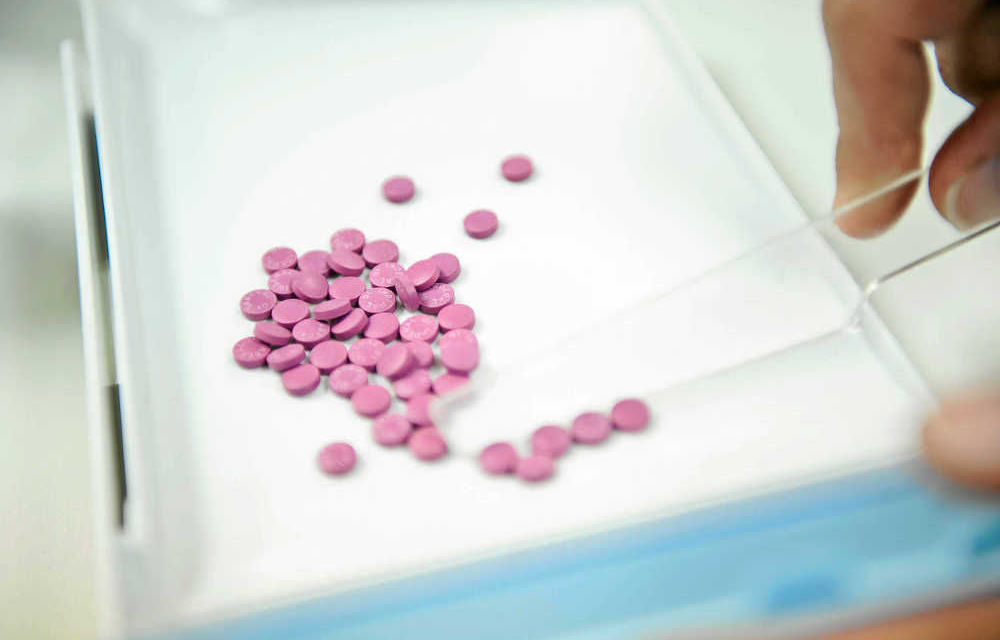Patients with drug resistant TB could benefit from a new drug regimen, which will be tested in clinical trials this year.
Painful and lengthy treatment for drug-resistant tuberculosis (TB) could be shortened from two years to six months pending the results of the final phase of a clinical trial set to begin later this year. The trial is being conducted by international health organisation TB Alliance.
A patient has multidrug-resistant (MDR) TB when the TB bacterium in their body becomes resistant to at least two of the major drugs used to treat the condition.
Only about half of South African MDR TB patients complete their treatment because of its long duration. According to the president of the Southern African HIV Clinicians Society, Francesca Conradie, a drug course has to be taken between 18 and 24 months and some of the drugs are toxic with severe side-effects.
The Shortening Treatments by Advancing Novel Drugs (Stand) trial will test a new combination of three TB medicines in 50 sites across the world, including South Africa. The regimen is also compatible with commonly used HIV medications and, according to the South African National Aids Council, more than 70% of TB patients in this country are also infected with HIV.
Treatment for MDR TB includes six months of daily painful injections, which causes deafness in 20% to 30% of South African patients who receive them, according to Conradie. “Patients are also at a higher risk of kidney problems, which is further increased by some ARVs [antiretrovirals],” she said.
Half already resistant
However, Conradie said about half of South African MDR TB patients are already resistant to one of the drugs in this new regimen – pyrazainamide – that will be tested in the final phase of the trial. Conradie said that trial participants will be tested for resistance before qualifying to receive the new regimen. “For the other 50% not resistant to this drug a safer, punchier regimen will have a massively positive impact on their treatment.”
Should the results of the trial be positive, the new shorter regimen could also save developing countries money, said Mel Spigelman, president of TB Alliance.
“TB patients, especially those with drug-resistant TB, urgently need cures that eliminate the need for injectable therapies, require taking fewer pills for a shorter period of time, are less toxic, simpler to administer and cost much less money. The Stand trial brings us closer to an era of high-impact drug regimens instead of where we are today, relying on the relics of the mid-20th century,” he said in a press statement released on Wednesday.

Amy Green was a health reporter at Bhekisisa from 2013 until 2016.





